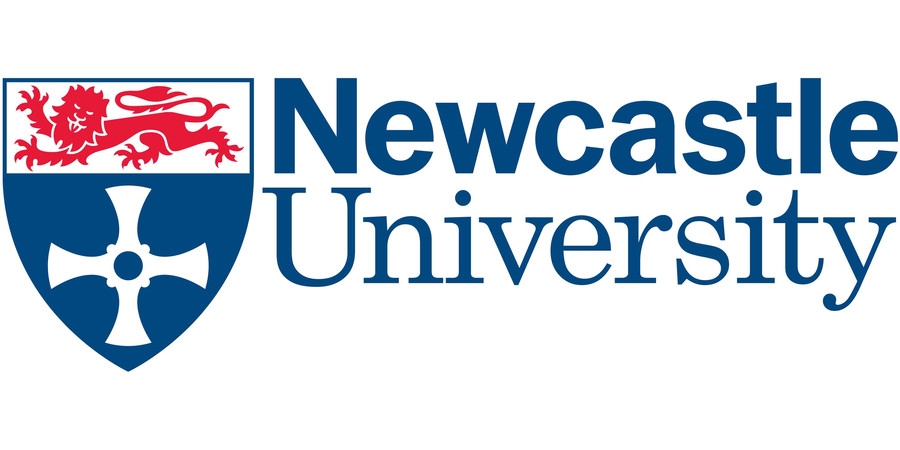PhD Studentship - Understanding the Causes and Identifying Treatments for Alpers’ Syndrome
Newcastle University
| Qualification Type: | PhD |
|---|---|
| Location: | Newcastle upon Tyne |
| Funding for: | UK Students, EU Students, International Students |
| Funding amount: | £20,780 - please see advert |
| Hours: | Full Time |
| Placed On: | 24th June 2025 |
|---|---|
| Closes: | 16th July 2025 |
| Reference: | TC119 |
Award summary
This project will involve studying the mechanisms underlying Alpers’ syndrome, a devastating early-onset form of mitochondrial disease. The aim of the proposed studentship is to better understand the causes of the condition to facilitate the development of novel treatments.
The award covers 100% of home tuition fees and an annual stipend of £20,780 (25/26).
Overview
Alpers’ syndrome is a rare inherited childhood mitochondrial disease. It is typically caused by changes in a gene known as POLG, resulting in a severe epilepsy, developmental delay and liver failure. The epilepsy is very resistant to treatment and causes severe neurodegeneration, neurological decline and early death. Liver failure may occur before the epilepsy develops, or most often it occurs as the disease progresses. However, the pathological mechanisms leading to epilepsy and liver failure in patients with Alpers’ syndrome remain unknown.
This PhD studentship will investigate the causes of neurological impairment and hepatic dysfunction in Alpers’ syndrome. The proposed studentship will involve a multi-disciplinary mechanistic approach harnessing induced pluripotent stem cell (iPSC) in vitro models and a unique resource of donated human post-mortem brain tissue samples.
During this studentship, the successful candidate will develop and characterise novel patient iPSC-derived neuronal-glial organoids to model the neurological features of POLG-related mitochondrial epilepsy. The candidate will also develop a complementary model system using iPSC-derived hepatic organoids to investigate the mechanisms underpinning hepatic dysfunction in Alpers’ syndrome. The student will receive training in a wide range of techniques including tissue culture, immunofluorescence and quantitative microscopy, metabolic assays, and data analysis.
The awardee will join the Newcastle Mitochondrial Research Group and will be affiliated with the Translational and Clinical Research Institute at Newcastle University. This studentship will also offer Patient and Public Involvement and Engagement (PPIE) opportunities through The Noah Jordan Foundation.
Number of awards: 1
Start date: 15th September 2025
Award duration: 3 years
Sponsor: The Noah Jordan Foundation
Supervisors: Professor Robert McFarland and Dr Laura Smith
Eligibility criteria:
- You must have, or expect to achieve, at least a 2:1 Honours degree or international equivalent, in a subject relating to Biomedical Sciences or Neuroscience.
- MRes in a relevant discipline is advantageous.
- Applicants whose first language is not English require an IELTS score of 6.5 overall with a minimum of 5.5 in all sub-skills.
- Successful international candidates will be required to fund the difference between the home and international fees.
How to apply
You must apply through the University’s Application Portal: applyto.newcastle.ac.uk
In ‘Course choice’ tab, put ‘Postgraduate Research’ in 'Type of Study', ‘Full Time’ in ‘Mode of Study’, ‘2025’ in ‘Year of Entry’, code ‘8440F’ in ‘Course Title’, blank in ‘Research Area’. Press ‘Search’, select ‘PhD Translational and Clinical Research (FT)’, and save selection.
Either upload a document or write into ‘Personal Statement’. Put code ‘TC119’ in ‘Studentship/Partnership Reference’.
When prompted for research proposal, select ‘Write Proposal’. Type in the title of the research project from this advert. A research proposal is not required.
You can also upload a covering letter/CV, stating how your interests and experience relate to the project.
Degree transcripts/certificates and, if English is not your first language, a copy of your English language qualification if completed must be uploaded.
Contact details
Dr. Laura Smith laura-alexandra.smith@newcastle.ac.uk
Advert information
Type / Role:
Subject Area(s):
Location(s):









